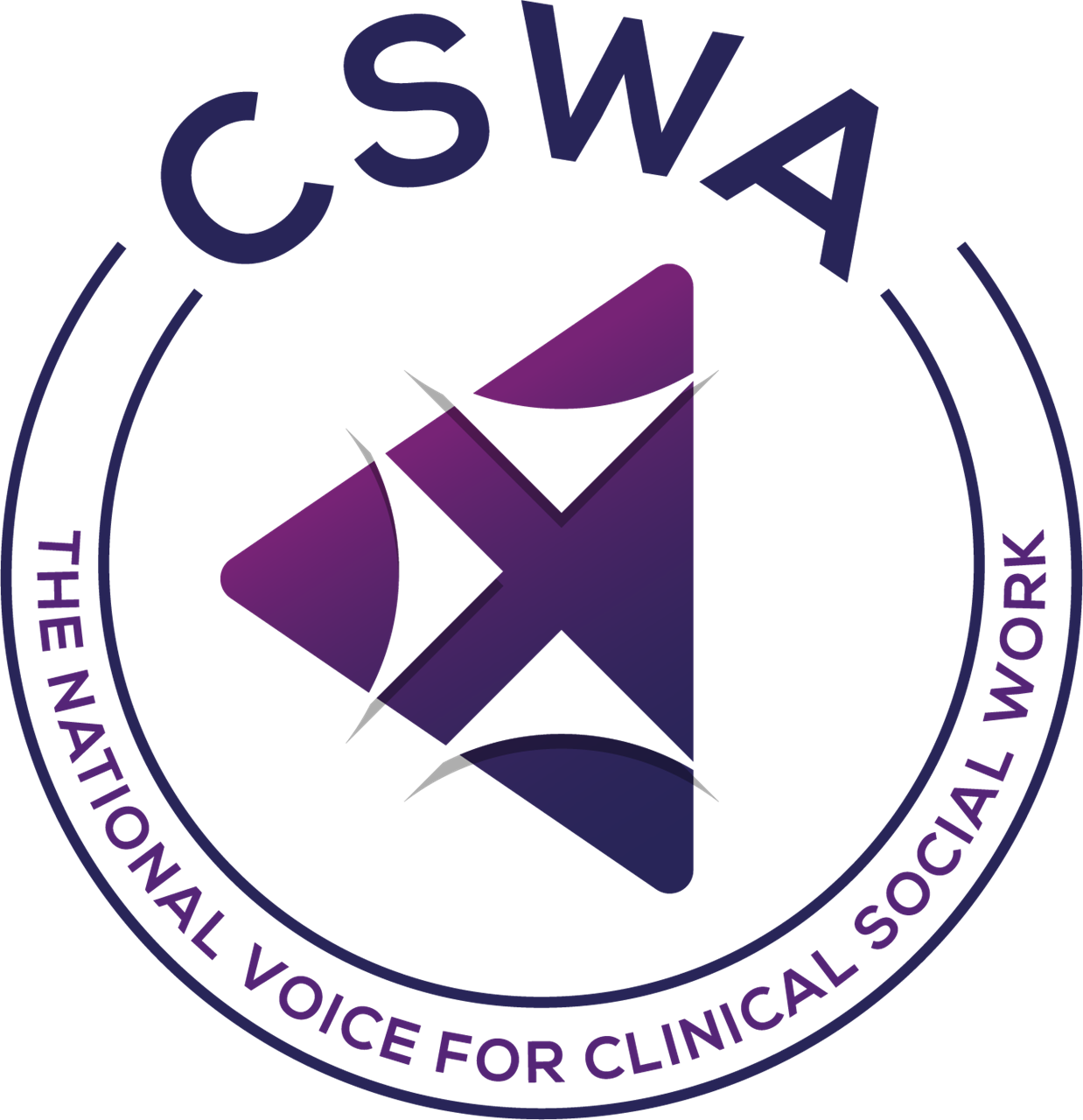Legislative Alerts
Under the direction of CSWA's Director of Policy and Practice and Government Relations Chair, Laura Groshong, CSWA is proud to vigilantly monitor all current national legislation that affects clinical social workers and the need for action with members of Congress. In addition, CSWA regularly provides alerts to inform its members about important and relevant legislation and regulations that have been introduced at the national level. The list of Legislative Alerts listed below allows members to review the history of CSWA's action on national bills in Congress, and the outcomes of those actions.
